Abstaract
Recent two decades, has certainly observed soaring of science and technology policy-making in Iran: the prevalence of discourse of science and technology in various levels of the ruling system; devotion of an important exclusive section to science and technology in three recent National Development Plans; founding of numerous new structures and institutions in direct supervision of president to support science and technology; legislation of important laws in Parliament to encourage national R&D; a big fund has begun to work to support new technology-based start-ups; number of science and technology parks and incubators has experienced a stunning growth; the growth rate of articles published by Iranian scientists and researchers have been the fastest in the world; and Iran has been in first five countries which have had most graduates in science and engineering. But there is a strange paradox: Iran has had a weak performance in innovation and economy output. What is the cause of the the paradox? This study, at its first level of analysis, and based on National Innovation Systems studies, will show that the cause is rooted in two following factors: 1. Iran's industrial policies has been almost unsuccessful in encouraging or forcing domestics firms to export, and exposing them to international competition. As the result, there has not been any meaningful incentives for them to approach technological frontiers, by exploiting home science and technology infrastructures. 2. In spite of the fact that universities and research centers have had an important role in the catch-up process of new developed countries, albeit by stepping down from the Ivory Tower and solving problems in the face of the society, but most universities and research centers in Iran has been transformed into a set of article-publishing machines. This study, then, at its second level of analysis, will show that the cause of the two above factors, is rooted in another important latent factor: "the power of incumbents and their efforts to maintain the status quo" and "governance of a particular rule of game on science and technology field's actors which has directed them to show ineffective behaviors". The contribution of this study is utilizing the strategic action field literature and emphasizing the role of incumbents and rules of game in inhibiting an economy to be innovator.

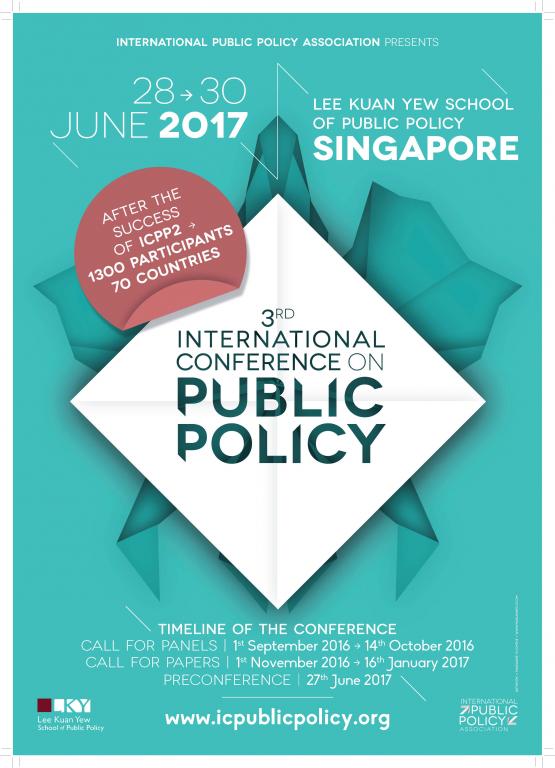
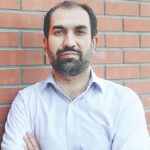 Ali Maleki
Ali Maleki.jpg)
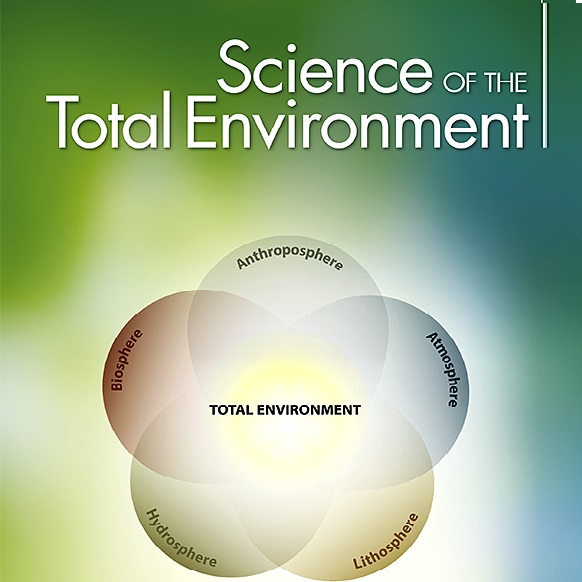
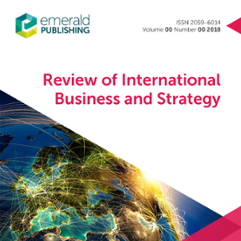



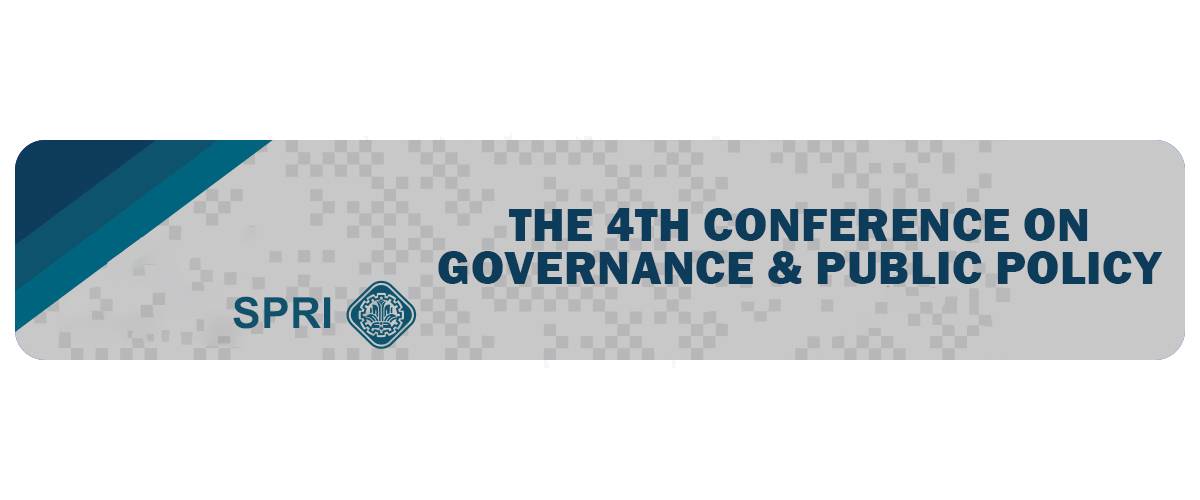
.jpg)